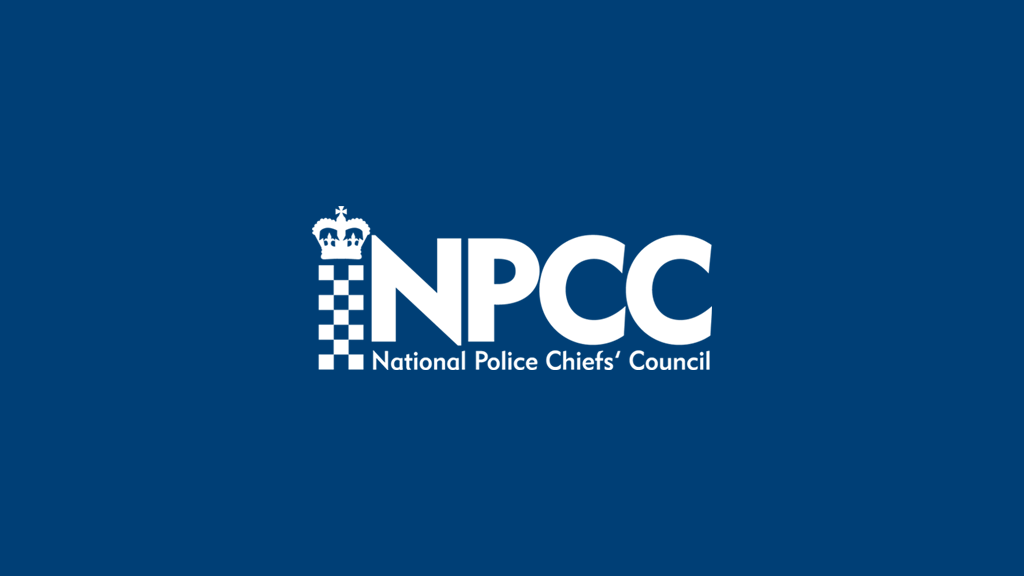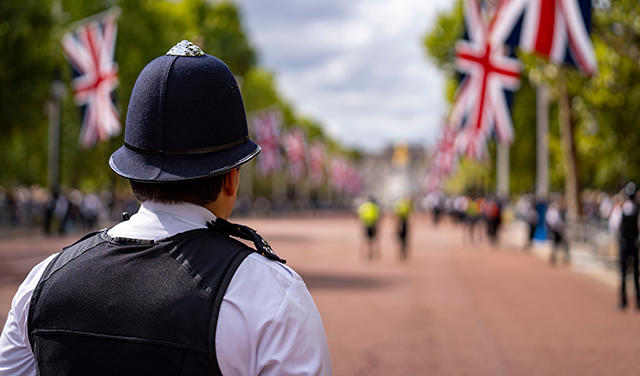News
-

Police welcome proscription of extreme right wing group
New legislation came into force at midnight banning National Action.
-

Police Transformation Fund vital to helping police modernise and reform the service
The Policing Minister has today announced in the provisional police funding formula which underlines the commitment from police leadership towards reform and transformation.
-

Crown Prosecution Service and NPCC launch new Honour-Based Violence/Abuse and Forced Marriage Protocol
The CPS and police have published the first ever joint honour-based violence/abuse and forced marriage protocol today [14 December 2016], outlining their commitment to the successful investigation and prosecution of these crimes. The protocol recognises the importance of strong partnership working between these two agencies.
-

Better data means a better response to domestic abuse
The chief officer lead on domestic abuse has shared her thoughts on a new bulletin released today by the Office for National Statistics.
-

Abuse of powers for sexual gain betrays the core duty of the police service
While the recent HMIC report acknowledges progress on police legitimacy in most areas, there is more work to be done to root out corrupt officers who are abusing their positions.
-

Around 350 victims have come forward to report child sexual abuse within football clubs
Following ongoing and widespread publicity surrounding allegations of child sexual abuse within football, many police forces across the country have received a significant number of calls, both reporting further allegations and offering information.
-

Police launch annual push against drink and drug driving during Christmas
The NPCC annual month-long operation against driving under the influence launches today and police forces across the country will be using intelligence-led tactics and local knowledge of hotspots to detect people who are driving under the influence of drugs or alcohol during the festive period.
-

Police put transformation plans into action as another 28 projects receive Home Office funding
Police receive over £26 million over the next three years for projects designed to help transform the police service for the benefit of the public.
-

Help available for webcam blackmail victims: don’t panic, and don’t pay
Thousands of people in the UK are likely to be falling victim to sextortion every year, according to the National Crime Agency and National Police Chiefs Council.
-

Necessity, proportionality and ethics will be at the heart of our approach as the Investigatory Powers Bill becomes law
The Investigatory Powers Act received royal assent today. Police chiefs say they are preparing for implementation of the Act.
-

New police plan to mobilise communities and disrupt terrorists
An innovative police scheme that deploys teams of officers to disrupt criminals and terrorists in crowded places is calling on the public to play their part in making it a success. The move comes at the start of National Counter Terrorism Awareness Week (Monday Nov 28 to Sunday Dec 4, #CTAW2016).
-

Police encourage victims of sexual abuse in football to report it
Police forces are also urging people who may have information about non recent sexual abuse suffered within football clubs to come forward.

